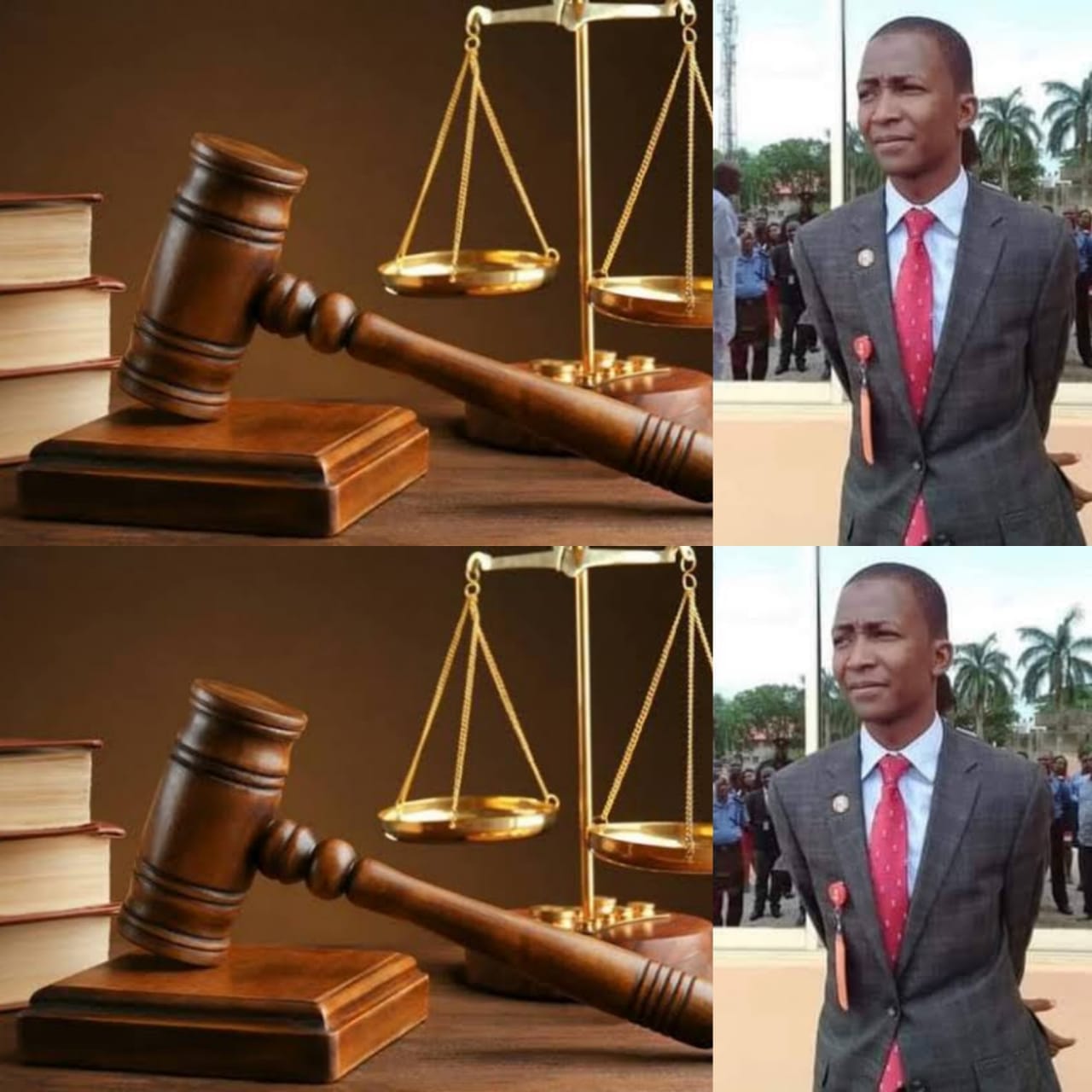BREAKING: Nigerian Banks Are Not Responsible For Forex For International Students—A banking expert and financial analyst, Olajide Brown has commented on the recent viral post by a Nigerian final-year student of Greenwich University in the United Kingdom (UK) who threatened to commit suicide if his tuition fee was not paid.
The student, who took his lamentation to social media on Twitter via the handle @RealityOflilife, called out a commercial bank and the central bank for not paying his tuition fees in British Pounds. In his post, he threatened to commit suicide if his request was not granted after receiving a mail from the school management of his suspended studentship with a deadline.
Olajide urged the general public not to be swayed by social media outbursts and antics but to treat issues based on facts. According to him, “the young student is just emotional and trying to elicit public sympathy. Due to the scarcity of forex in the country and the sheer number of students currently schooling abroad, it is difficult for the central bank to accede to the requests for foreign exchange for school fees abroad in a short period, as the apex bank will have to source for the forex. Currently, banks have thousands of requests, and because of the scarcity of forex, there is usually an average of about four months waiting time before each request is processed”. Students know this because a good number of banks have communicated this to their customers.
Speaking further, Olajide averred: “when I saw the post on Twitter and read through, it portrayed the student’s mischief or ignorance of how the forex for school fees payment operates. Apart from the fact that he didn’t apply on time, if the request for foreign currency for school fees payment is received by a bank, it will take a minimum of about four months for the central bank to provide the foreign currency because they have thousands of requests from students from universities across the globe. Therefore, it is not banks’ fault; they will only treat individual transactions based on the supply of forex from the central bank”.
Speaking on the student’s threat, Olajide said that it is bizarre that the student is claiming that his studentship is to be terminated on account of failure to pay school fees. The practice is that studentship could be deferred, or a certificate will not be issued until school fees are paid.
Olajide noted that the central bank is magnanimous in providing forex for school fees as this is not one of its functions, and the practice is not obtainable in other countries.
According to him, “if you want to study abroad, you source the requisite foreign currency and pay your school fees; that is what happens everywhere in the world”. Continuing, he noted that the central bank is actually subsidizing the cost of education for Nigerians who are studying abroad, who is subsidizing the school fees of Nigerians studying at home? He, therefore, urged students and parents to begin to think of alternative sources of payment of school fees because the persistent scarcity of forex may lead to the discontinuation of the largesse from the central bank.
He recalled that some time ago in 2018, President Muhammadu Buhari had, in an interview on Al Jazeera TV, hinted that the country could not afford to continue to provide forex for school fees payment abroad. He expressed surprise that the central bank is still providing forex for school fees payment after the president’s remark, especially now that the forex situation has worsened.
He called on the government to resolve the issues in the nation’s education sector to make it more attractive to Nigerians to study at home as it has been proven and demonstrated that Nigeria’s educational system is good enough and competitive, citing the plethora of Nigerians who studied in Nigeria and are excelling around the world. He also advised students currently abroad to apply for school fees payment on time.






![BREAKING: At Last, Terrorists Release 23 Remaining Kaduna Train Attack Victims [PHOTO]](https://www.thegeniusmedia.com.ng/wp-content/uploads/2022/10/IMG_20221005_171835.jpg)


